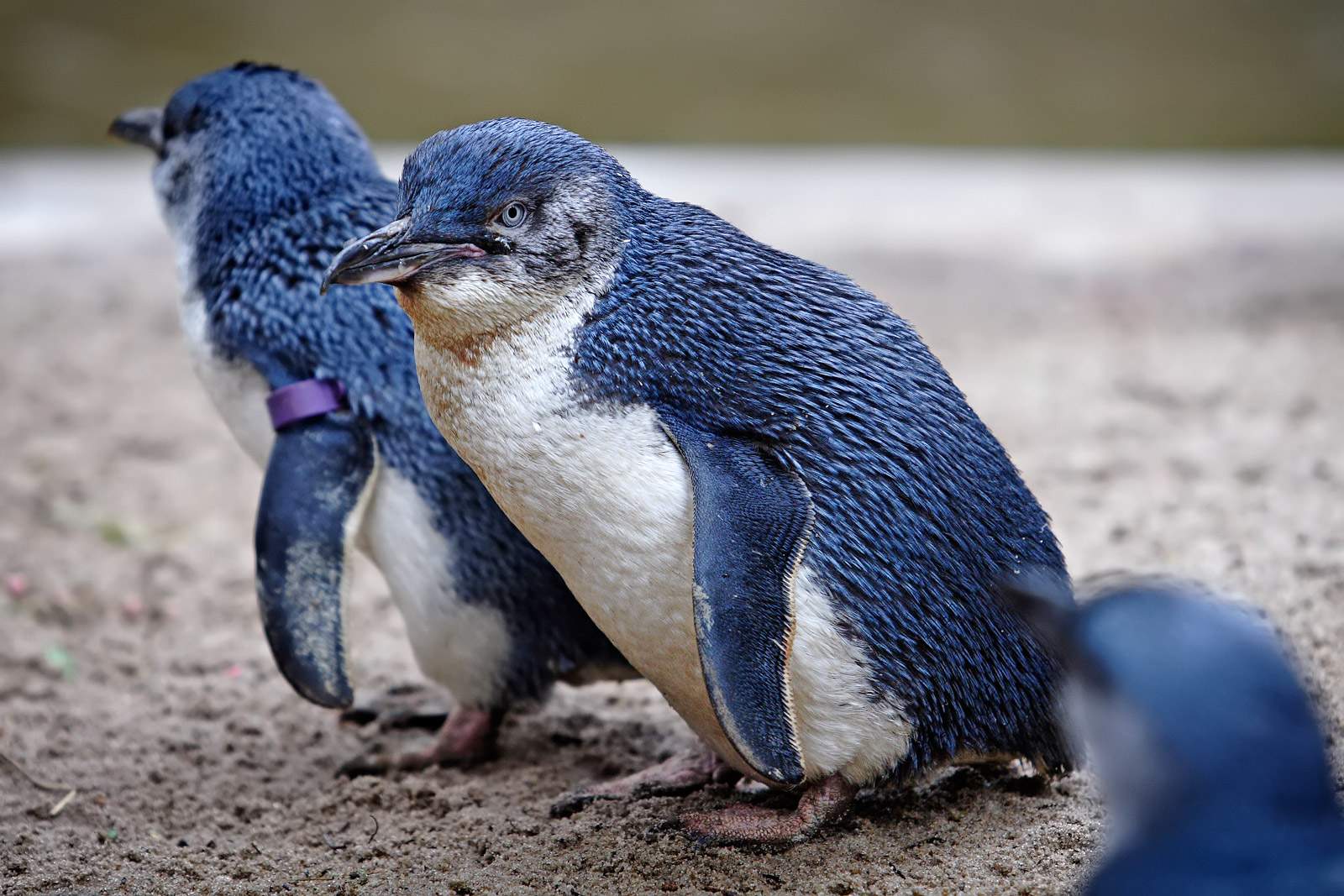Penguins with Type B Personalities More Likely to Survive Climate Change
A bird's individual personality type could increase its chances of coping with environmental change.
In a recent study done at the Institute of Veterinary, Animal and Biomedial Sciences at Massey University in New Zealand, John Cockrem found that a bird's individual personality type could help, or at least improve, its chances of coping with environmental change.
While studying the very cute New Zealand native little penguins (Eudyptula minor), Cockrem found that individual penguins reacted differently to stress - secreting different levels of the stress hormone corticosterone when exposed to stressful stimulus. “There is considerable individual variation in corticosterone responses, and a stimulus that initiates a large response in one bird may initiate a small response in another bird,” Cockrem wrote.
He found that different penguins thus had different personalities - what we in the human world would call Type A (proactive, high stress) and Type B (reactive, low stress) personalities. “Corticosterone responses and behavioural responses to environmental stimuli are together determined by individual characteristics called personality."
Interestingly, he found that the 'Type A' birds actually coped less well with a changing environment than the 'Type B' birds. "Birds with low corticosterone responses and proactive personalities are likely to be more successful (have greater fitness) in constant or predictable conditions, whilst birds with reactive personalities and high corticosterone responses will be more successful in changing or unpredictable conditions.”
His findings may be helpful in predicting the adaptability of various bird species in the face of a new climate. While this doesn't mean that we can all just collective sit back and put up our feet while Type B birds run the town, the research is crucial in learning how to stop the extinction of entire species. According to the Conservation Biology journal, up to 30 percent of land-bird species could go extinct by 2100.
Via APS and World Watch





